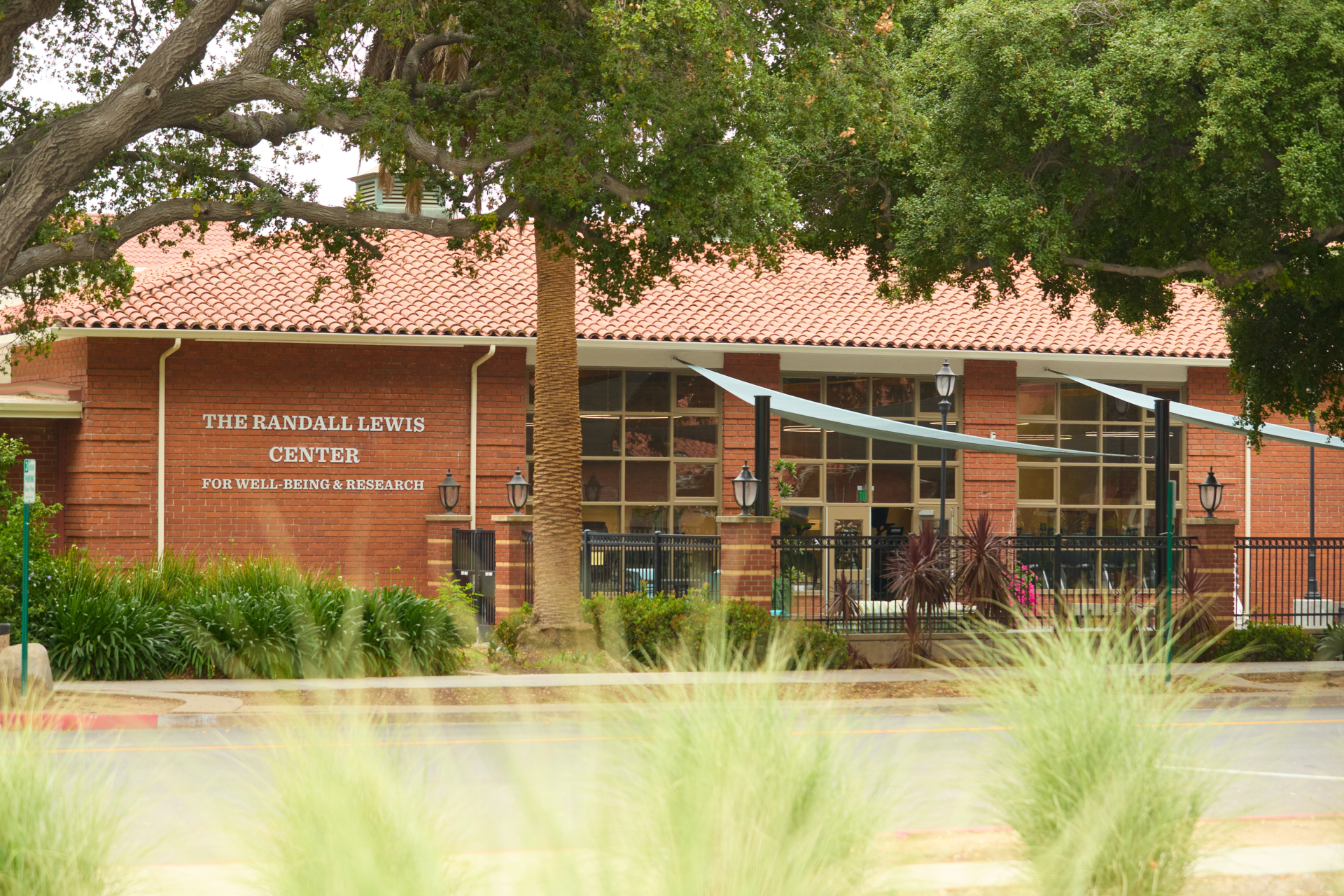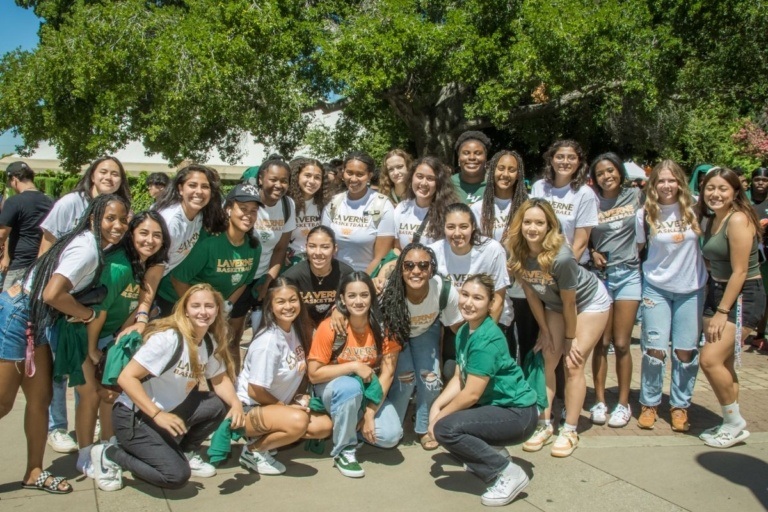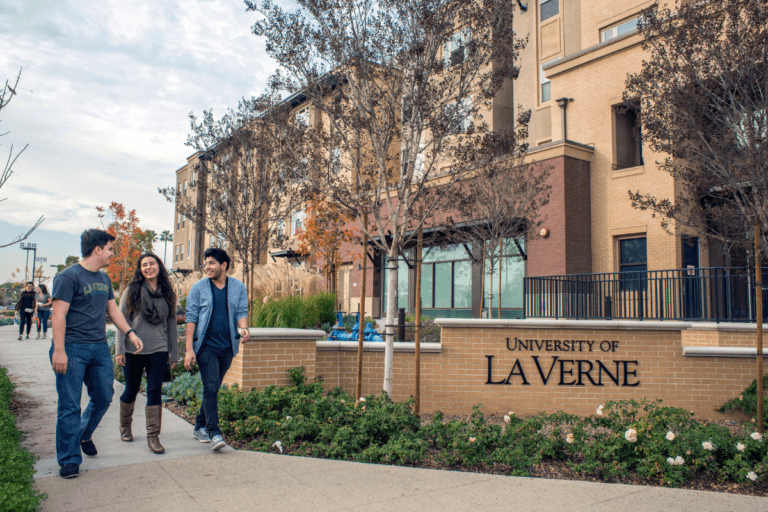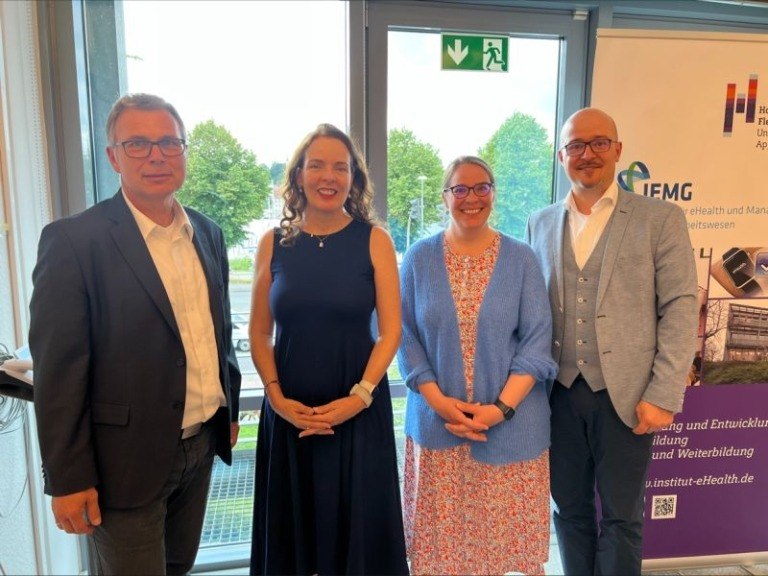Redefining Well-Being: University of La Verne Fellowship Program Offers Pathway to New Research

The University of La Verne’s Randall Lewis Center for Well-Being and Research is offering a unique opportunity to support faculty research throughout the institution.
Sarah Rodman, the research center’s Bauccio Endowed Executive Director, said that when the center’s doors first opened in 2019, she wanted to ensure that university faculty received adequate funding to develop research on topics related to well-being.
So, in an effort to do just that, the Faculty Research Fellowship was created.
Faculty members who participated in the fellowship program would receive $5,000 for their research, and meet monthly with other members of the program to share about their research into well-being. According to Rodman, while the first faculty members to participate focused on more traditional aspects of well-being, research from the past several years has expanded its definition.
“The direction we’ve gone in really expand[s] people’s conception of what wellbeing encompasses,” said Rodman. In the past several years, research presented has included topics like sustainability, dental care, authentic leadership, and perceptions around cannabis use.
“It has impacted our faculty’s ability to be experimental with their work, and really launch bodies of work from small pilot studies,” said Rodman. The 2020-2024 Lewis Center Faculty Research Fellowship Report shows that in total, 23 new faculty-facilitated publications and presentations were created from the funding this program provided.
In addition to building bridges between faculty across different colleges and departments on campus, this fellowship also provides funding that supports creative, niche areas of research. For faculty who are in the process of getting tenure, this fellowship supports research that could later turn into published work.
Looking to the future, Rodman is optimistic about the direction the fellowship and the university as a whole are headed.
“Overall, the direction we’ve gone in is really expand[ing] people’s conception of what wellbeing encompasses,” said Rodman. As the university continues to grow and incorporate more healthcare fields into its programming, this fellowship opportunity is a resource for the faculty on campus. “It would be great to really let the world outside know that we have this fantastic landmark for wellbeing research.”




